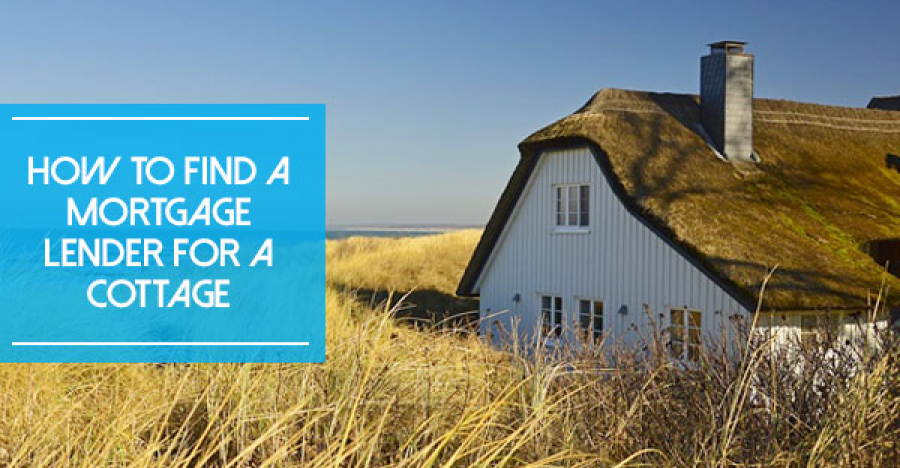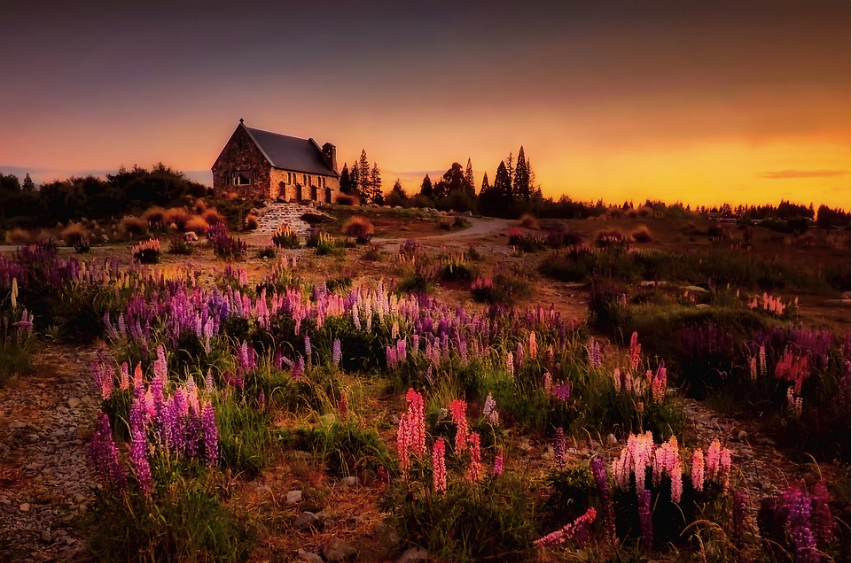How to Find a Mortgage Lender For A Cottage
Written by: Arron J. Staff writer @ Hyggehous.com

Photo Gallery

When the weather starts to get warm outside many people, start to dream about having a cottage, cabin building or camp to spend time with family and friends.
If you don't have the cash to buy a cottage or cabin building outright, you'll have to borrow the money from a mortgage lender.
The process of applying for and qualifying for a cottage mortgage is the same as a standard house mortgage; the difference is that mortgage lenders will look at several more variables when they are assessing a property before they lend you money to buy a cottage.
One thing that is still just as important is your strength as a borrower, but added to that is a closer look at the vacation property in determining how much the mortgage lender is willing to lend. Mortgage lenders will look at the cottage location, whether it sits on a small or large lake, access to the property and whether that access is year round (with year-round access being best). Other factors mortgage lenders will look at including the proximity to a market, access to the property, with paved roads being the best. Shop Tiny Homes
Mortgage lenders will want to make sure that the cottage property has a safe and consistent water source as this can impact the value of the cottage.
Most mortgage lenders want a vacation cottage to be a four-season property if they are going to loan you money, but some mortgage lenders will finance three-season cabin buildings. It is difficult to get a mortgage lender to finance a cottage that can only be accessed by water. The cottage or cabin building property has to be marketable. You'll need to put down at least 20 percent. Otherwise, you'll need mortgage default insurance just like an ordinary house purchase.
Last year the Canada Mortgage and Housing Corporation (CMHC) changed their rules so that it would no longer insure mortgages on second homes.
That means that you will have to go with a private mortgage insurance company to provide the necessary coverage if your mortgage lender requires it because of the size of your cottage or cabin building down payment. Insurers may also have limits to the amount that they will cover for a cottage property, depending on its characteristics. Depending on your particular financial situation, you could also consider refinancing your primary home or using a home equity line of credit to use it to borrow the cash you need.
If you only made a small down payment on your primary home when you bought it and you haven't owned the home for very long, you may not have the financial room to finance your new purchase.
Whichever way you choose to finance your cottage purchase, the top thing on your mortgage lenders mind is whether or not you can repay the debt. You need to have enough room in your income to be able to service the additional payment. You'll want to do your homework and be sure that buying a cottage fits in with your overall financial plan. It is a big decision that requires some thoughtful planning. A vacation cottage or cabin building is a place that you want to enjoy with family and friends, if you overextend yourself, you'll be too stressed to enjoy it. That is why it's important to understand the broader implications of the purchase of a cottage vacation property as it relates to all of your financial goals.








































